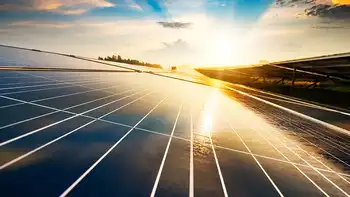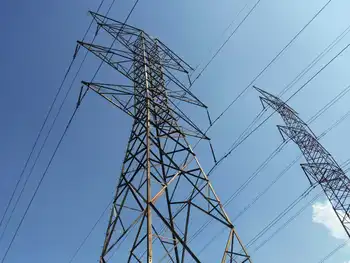Taking the Grid for Granted
- When Dennis Hastert, the speaker of the House, returns to work in January, he will find on his desk a letter from John Dingell of Michigan, a colleague wise in the ways of energy legislation. The letter asks Mr. Hastert to forget about trying to pass the omnibus energy bill and to focus instead on a narrower measure aimed at improving the reliability of the country's electrical transmission system. Mr. Dingell has the right idea.
More than four months have passed since the blackout in August 2003 that caused most of the northeastern United States and parts of Canada to go dark. Virtually nothing has been done to cut the risk of a recurrence. There have been no structural changes in the system, no investigative teams dispatched to carry out a nationwide survey of individual utilities or operating systems.
All we have seen are baby steps. An industry association called the North American Electric Reliability Council has sent out a questionnaire asking its 167 members what steps they are taking to prevent future failures, but sending out questionnaires is not the same thing as sending in auditors.
Meanwhile, the Federal Energy Regulatory Commission, which mostly oversees economic issues, has begun to explore whether it has any real authority to improve reliability. The short answer is, not much — which is where Mr. Dingell's bill comes in. It would authorize the federal commission and the industry council, working together, to impose mandatory operating standards on the industry and penalize companies that do not meet them. The standards that now exist are purely voluntary.
Mr. Dingell's bill would not address other issues — whether, for example, there should be a whole new system of regional organizations to manage the grid, or the even larger question of whether deregulation has fostered a corporate culture in which maintaining reliability is less important than maximizing profits. But it represents a common-sense first step toward a safer grid. Moreover, unlike the broader energy bill, it would be quickly approved if Mr. Hastert allowed it to come to the floor for a vote.
Related News

India's Solar Growth Slows with Surge in Coal Generation
INDIA - India, a global leader in renewable energy adoption, faces a pivotal moment as the growth of solar power output decelerates while coal generation sees an unexpected surge. This article examines the factors contributing to this shift, its implications for India's energy transition, and the challenges and opportunities it presents.
India's Renewable Energy Ambitions
India has set ambitious targets to expand its renewable energy capacity, including a goal to achieve 175 gigawatts (GW) of renewable energy by 2022, with a significant portion from solar power. Solar energy has been a focal point of India's renewable energy strategy, driven by…




